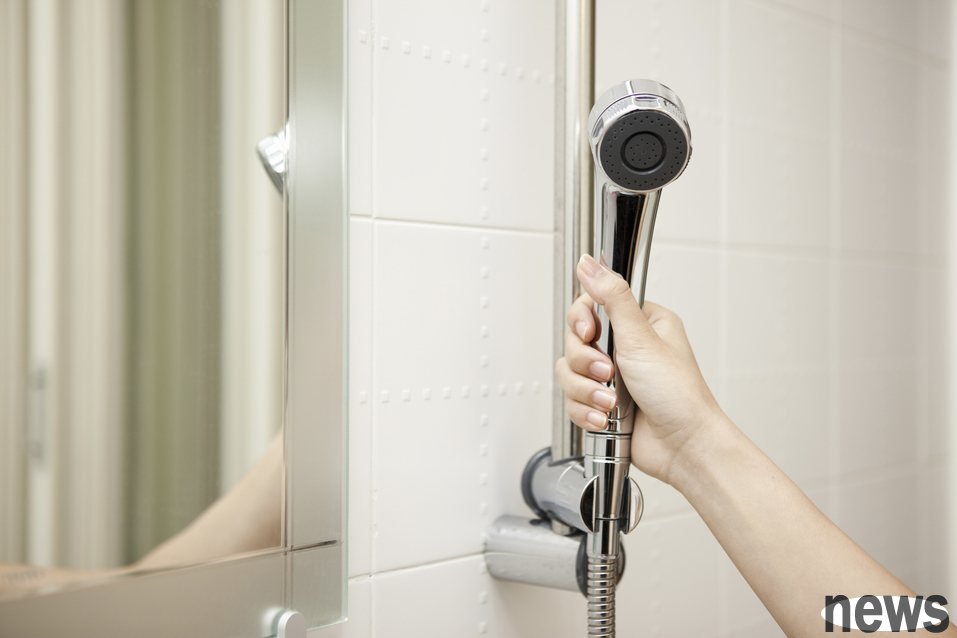
When the weather was hot and hot, many people would choose to take a cold shower to make their bodies quicker. Although it feels refreshing, a cold shower may not actually help the body reduce temperature, and may even be counterproductive in some cases.
How does human body adjust its temperature?The core temperature of the human body is about 37°C. When the core temperature rises (especially when reaching 39~40°C), if the heat is not effectively dissipated, it may cause organ damage. The body dissipates through the following mechanisms:
. Radiation: The body releases heat energy outward.. Sweating: It is especially important when the environment temperature is higher than the body temperature.
. Convection and transmission: When contacting air, water or objects, heat dissipates through temperature differences.
When the body needs to dissipate heat, blood vessels close to the skin will be extended, guiding the hot blood to the surface, and then exchange heat from the skin to the outside world.
Why does a cold shower not necessarily help reduce temperature?Although cold showers can make people feel refreshed in the heat, in fact, it may hinder the body's natural heat dissipation mechanism:
. Cold water can cause the skin to contract, reducing blood flow to the surface, leaving heat in the core.. This will make the body mistakenly think that it should be kept warm and further suppress and disperse the heat reaction.
. If the water temperature is too low (such as 15° below C), it may even cause cold and shock reaction, resulting in increased blood pressure and arrhythmia, which is particularly dangerous for those with cardiovascular diseases.
Therefore, a cold shower may not only reduce the core temperature, but may lock the heat inside the body.
Is it not appropriate to have a hot bath?Some people think that hot baths will promote sweating and help reduce temperature, but the risk is actually higher in hot weather:
. Hot water will transmit the heat energy into the body, which will increase the temperature.. Taking a hot bath in a high temperature environment can easily cause heat stroke or excessive body heat.
Best Choice: 26~27°C micro-temperature waterResearch shows that 26°C to 27°C micro-temperature water is the most suitable water temperature for use in high temperature weather:
. Helps promote blood circulation and heat dissipation.. It will not cause excessive blood vessel contraction or cold stimulation.
. Let the body naturally reduce the temperature, which is gentle and safe.
If you want to get cold, it is also recommended to start from your limbs and gradually adjust the precipitation temperature to allow the body to have time to respond and avoid causing cold and stimulating reactions.
Health potential and precautions for cold showersAlthough it is not recommended to use cold showers to "reduce the temperature", in some situations, cold showers may have potential benefits in the following aspects:
. Helps reduce muscle pain and inflammation.. Promote recovery after movement.
. Cold water may slowly increase the qualities and stimulate immune response, but relevant evidence is still limited.
If you want to try a cold shower after exercise or during refreshment in the morning, you should use an up-and-coming method, such as converting warm water to cold water to avoid sudden contact.
These people do not recommend trying a cold shower:
. Those with a history of cardiac disease, hypertension, cardiac arrhythmia, etc.. Those who are particularly sensitive to cold stimulation.
If you have any health concerns, it is recommended to consult the doctor first and then try a cold bath.